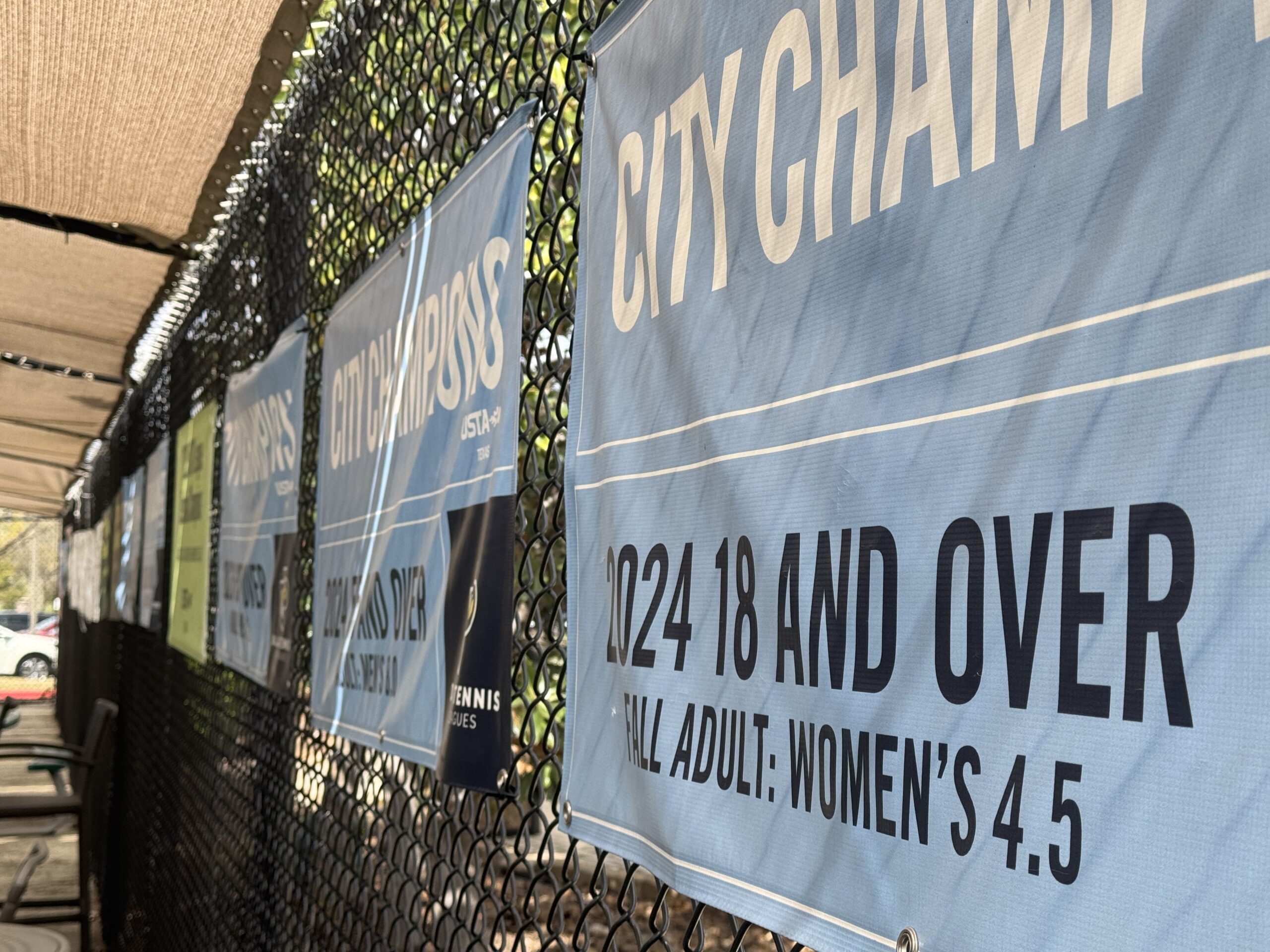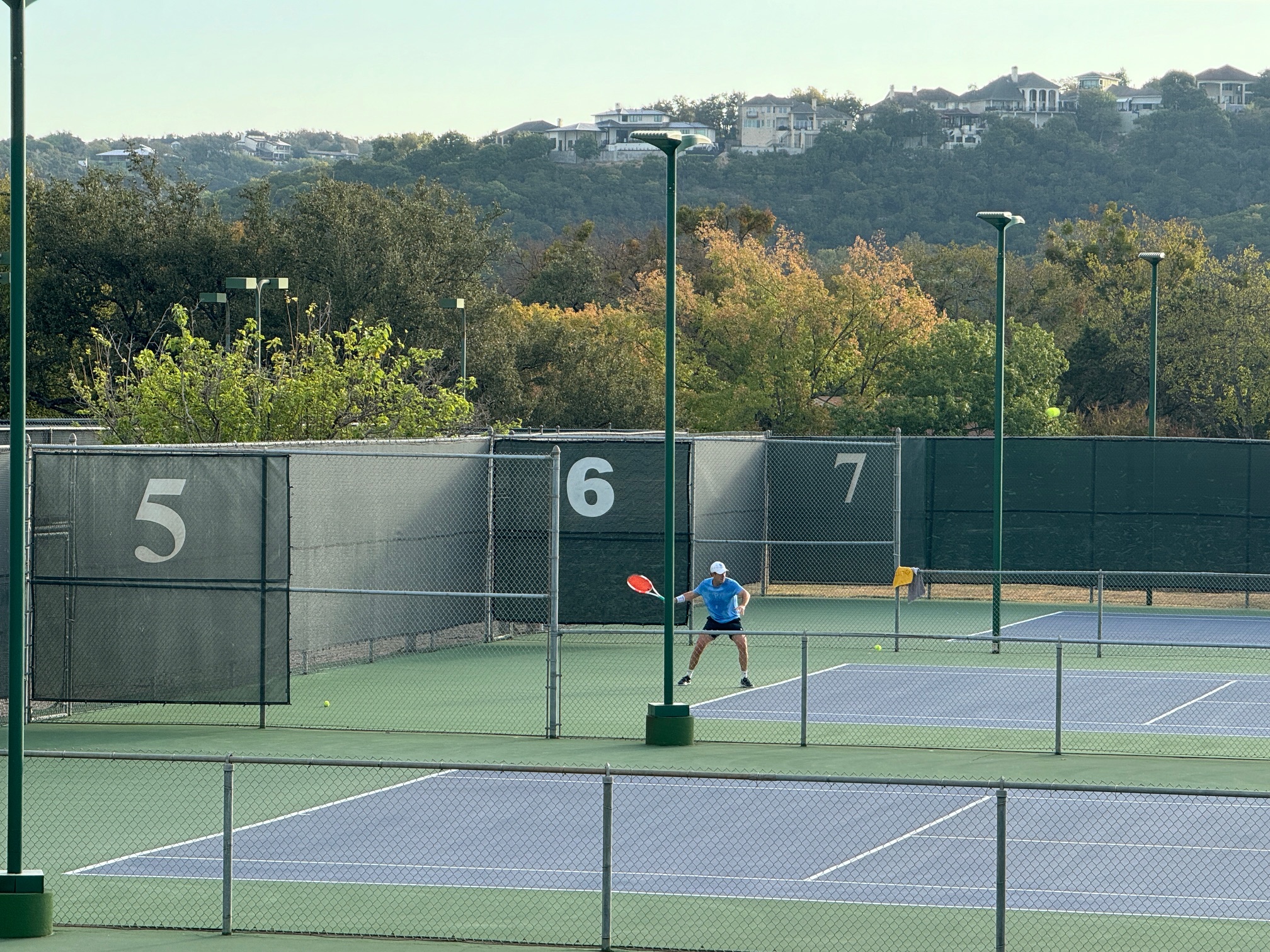I am fundamentally disturbed that I am spending more days on Order of Receiving than on Order of Service. The universe is out of balance. I’m laying the blame for this squarely on the doorstep of COVID-19 and the global pandemic.
In “The Curious Case in Order of Receiving,” the ITF case ruling that prohibits one member of a doubles team from playing against another complete team was analyzed in excruciating detail. That post focused very specifically on why playing in that configuration is disallowed from an in-match perspective. There are still two additional questions to tackle about the case ruling that need to be explored.
Why Does the Case Ruling Exist?
For tournaments, this case prevents a player from getting credit for a match without actually being present. It is important to understand what would induce a situation where a person would be motivated to make that happen. The simple answer is that people respond to the incentives placed before them.
While it is generally understood that professional players play for money it is frequently less understood that they are also playing for ranking points. Pursuit of points is not a uniquely professional phenomenon. In amateur tournament tennis, players are also awarded points for advancing in tournaments. Sometimes points are the only thing non-professionals are pursuing.
Dependent on the sanctioning organization, defaulting a subsequent match or creating a walk-over in a tournament also forfeits points earned in the previous round. Presumably, starting the match with only three players would be an effective tactic to skirt that rule.
This case ruling is also profoundly important for tennis league tennis play. In USTA leagues, a player on a team must participate in at least two matches for a team in order to compete for that team in the post-season. A defaulted match received can count as one of those instances, but this is only valid for the team that receives the default. A savvy captain receiving a default will assign that default to a player to their roster composition strategic advantage.
In the absence of this case ruling, a captain could effectively create a defaulted line in doubles to get credit for a player who was not present for the match. Thus someone who was badly injured or temporarily residing in another region could gain eligibility for post season play.
A team attempting to play a match with only one player present is an edge case, but would likely occur from time to time. Thus, the case ruling is necessary.
Why was the Case Ruling Inserted into Order of Receiving?
It is more difficult to see the through line on why this particular case ruling was inserted into the Order of Receiving section. As discussed yesterday in “The Curious Case in Order of Receiving,” the breakdown of only having three players for doubles occurs during the first service game for the missing player rather than a receiving game. On that basis, it would make more logical sense to insert it into the previous section, Order of Service.
My personal theory on why this rule is inserted at this point is because this is the first rule in the ITF rule of Tennis that is specific to doubles. As presently organized, it is probably the most logical insertion point. Organization in this case might be a very loose use of the term. Arranged is probably a more accurate description.
Finishing Shots
This concludes the ITF Case Ruling attached to the “Order of Receiving” rule. There are still two USTA comments remaining in this section. Tomorrow will make at least four days expended on Order of Receiving. The world isn’t just out of balance, it is spinning out of control.
- United States Tennis Association (2020) Friend at Court. White Plains, NY



